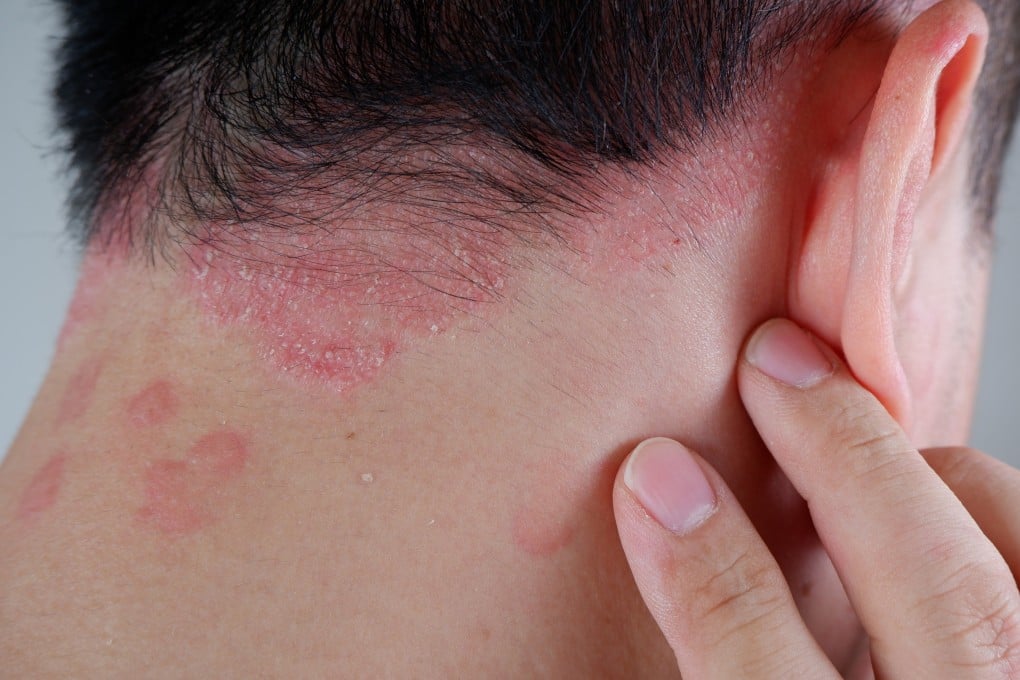Explainer | How to tell the difference between eczema and psoriasis, so you can get the right treatment
- Both conditions cause itchy rashes; eczema is often associated with allergic conditions, while psoriasis is more an immune system problem
- Eczema is common in childhood, while psoriasis – which can lead to other conditions, including diabetes and heart disease – affects both adults and children

Eczema and psoriasis are common inflammatory skin conditions. Both can cause itchy rashes and appear on the same parts of the body – to an untrained eye they are easy to mix up.
Treatments for mild and moderate cases of these conditions are similar, but severe cases may require more specific medications.
We explain the causes, symptoms, and treatment of eczema and psoriasis and what makes them different.
What is eczema?

Eczema, also called atopic dermatitis, is a common skin condition affecting up to 10 per cent of people.
Its telltale symptoms include a dry, itchy rash that can range from minor patches to severe flare-ups that cause intense itching and sometimes pain due to scratching.
“Eczema is most commonly seen in kids – 95 per cent of cases by five years of age – and much less in adults,” says Anar Mikailov, a dermatologist and the founder of KP Away.
Eczema is associated with allergic conditions like asthma, hay fever, and food allergies. More than half of children under age 13 with eczema will go on to develop these other conditions.